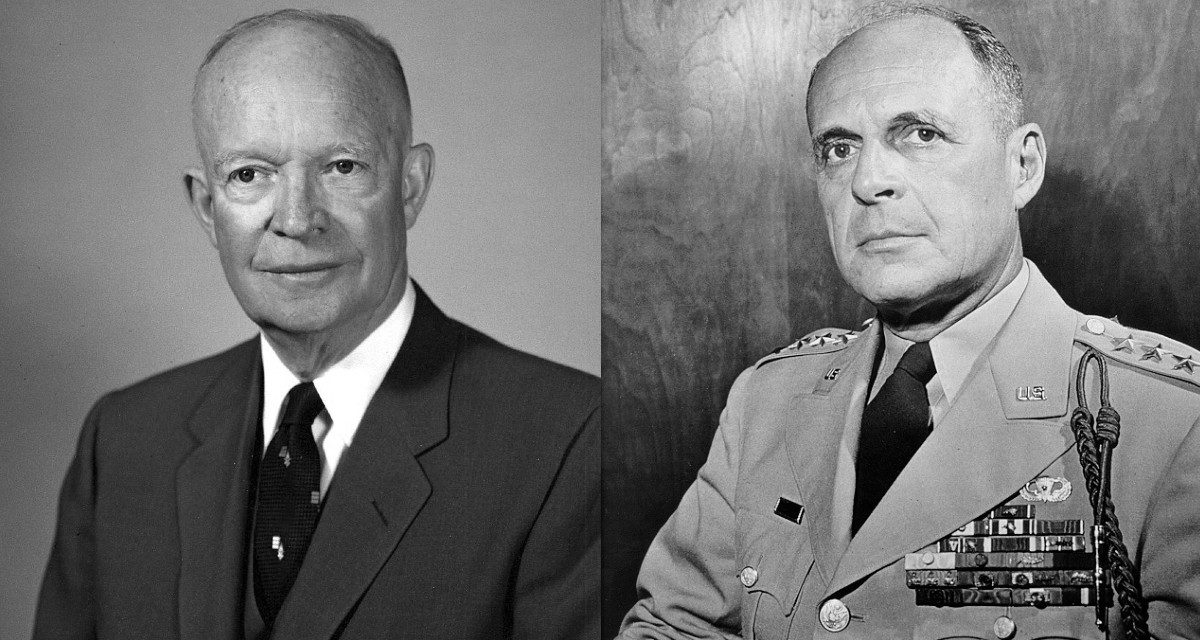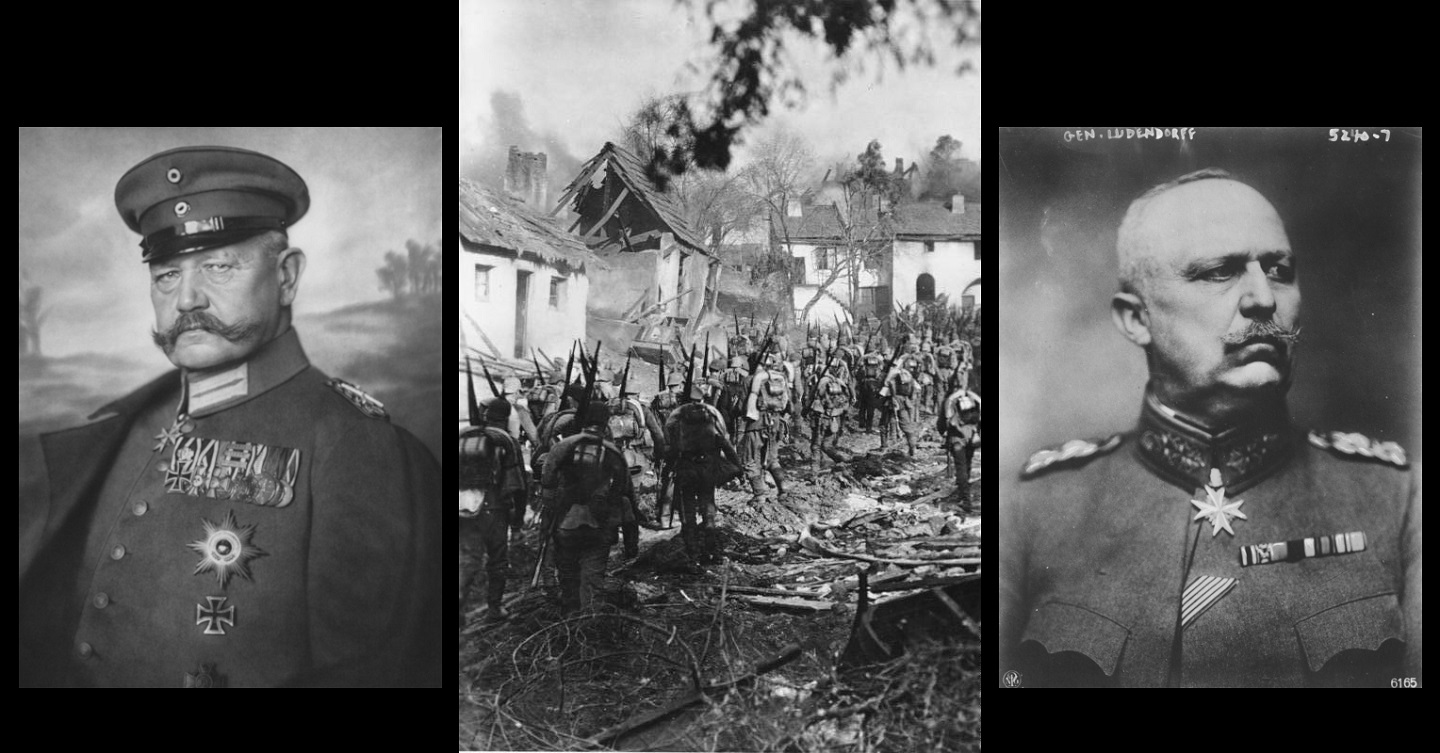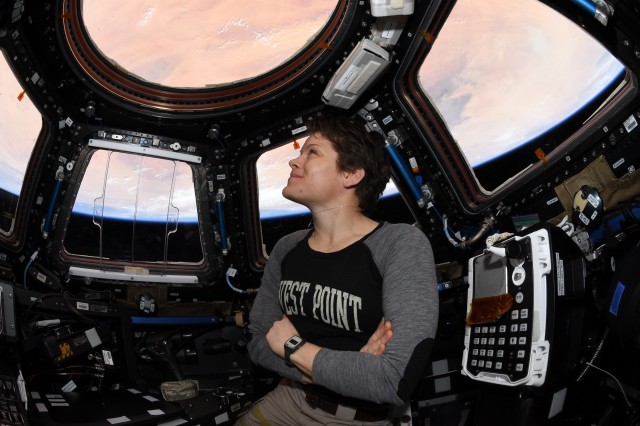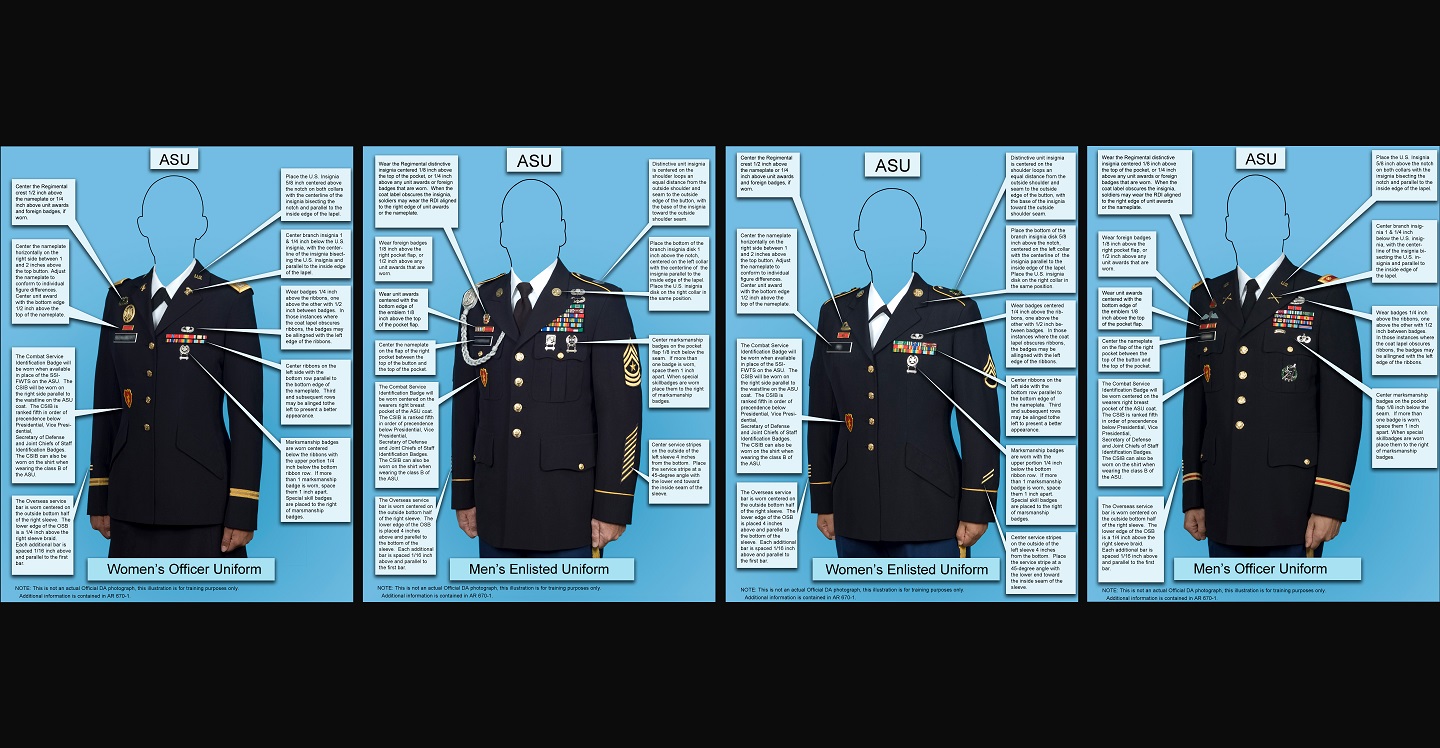Foreign Aid in an Era of Great Power Competition
[Source: “Foreign Aid in an Era of Great Power Competition”, National Defense University Press, The premier professional military and academic publishing house, PRISM Vol. 8, No. 4, June 11, 2020.]
“Most especially in the conduct of foreign relations, that democratic governments appear to me to be decidedly inferior to governments carried out by different principles…But a democracy is unable to regulate the details of an important undertaking, to persevere in a design, and to work out its execution in the presence of serious obstacles. It cannot combine its measures with secrecy, and it will not await their consequences with patience. These are qualities which more especially belong to an individual or to an aristocracy.”
Alexis de Tocqueville, Democracy in America (1835)1
Over the past decade the international political system has evolved into a state of great power rivalry in which the United States is challenged for international leadership by a rising China and a rapidly re-arming, revanchist Russia. A new militant nationalism is spreading across the globe; democracy appears to be in retreat as aggrieved populations turn to populist authoritarianism as a remedy. This rising political and strategic competition has now crossed over into the international development space.
The international development order that emerged at the end of the Cold War is now unraveling. That order produced some of the greatest strides in human history: the widest expansion of democracy and human rights, the largest drop in poverty, the sharpest reduction in starvation and famine deaths, remarkable increases in life expectancy, literacy, and nutrition, and through the internet, the most access to information ever seen.2 Certainly much of this progress is attributable to globalization, investment, and economic growth; but foreign assistance has also played an important role.3 Despite this remarkable progress, many western donor governments recently have attempted to cut or consolidate their aid programs. In sharp contrast, China and Russia—the two presumed Great Power rivals to the United States—are expanding theirs.
NOTES
1 Alexis de Tocqueville. Democracy in America. Vol. 1. (New York: Schocken Books. 1961). 272-273. Volume 1 was originally published in 1835 and volume 2 later in 1840.
2 For a full description of this progress see Hans Rosling. Factfulness (New York: Flatiron Books. 2018).
3 See Steven Radelet. The Great Surge: The Ascent of the Developing World (New York: Simon and Schuster. 2015).














